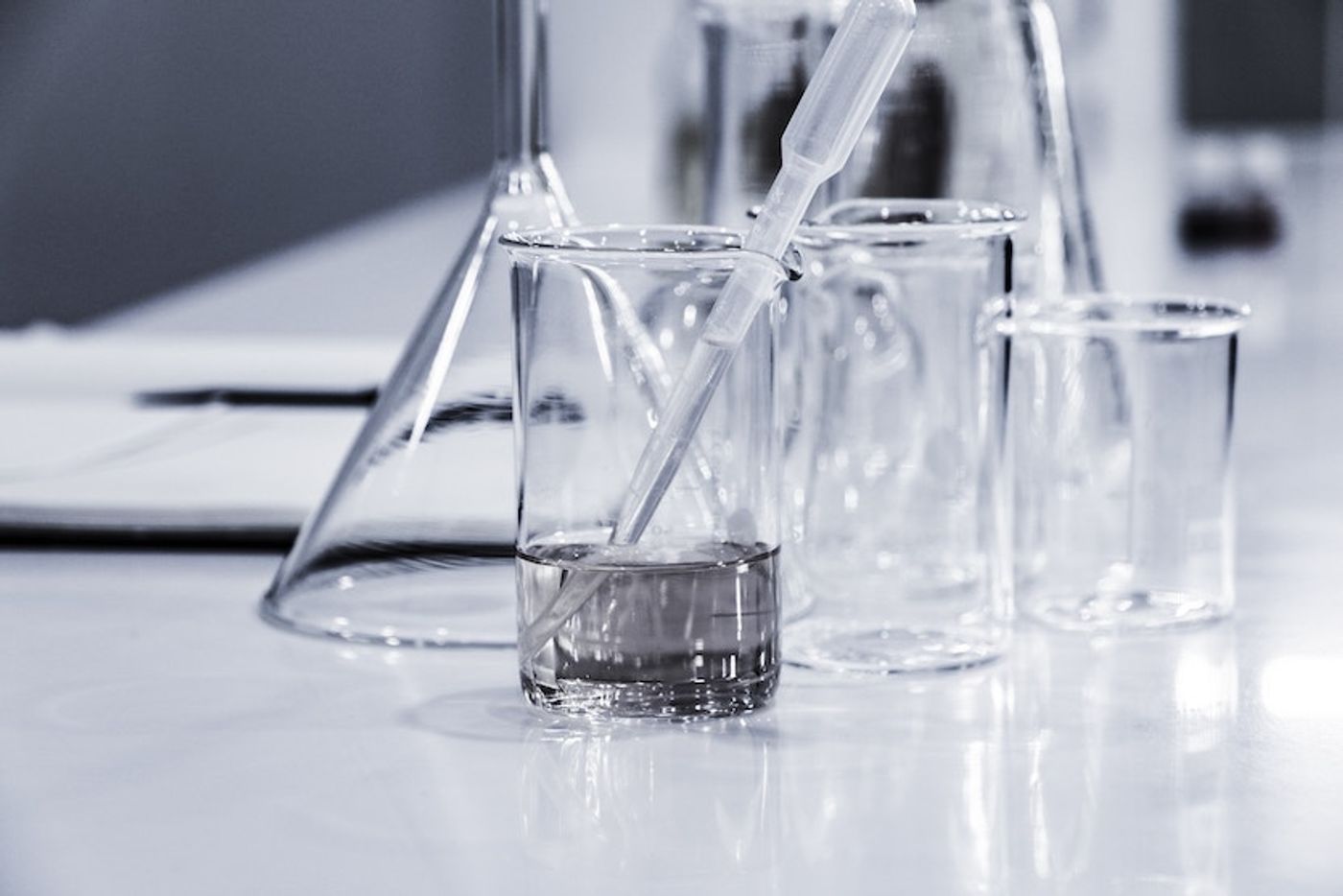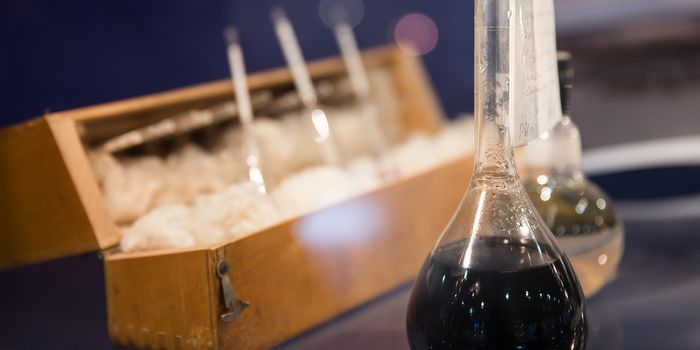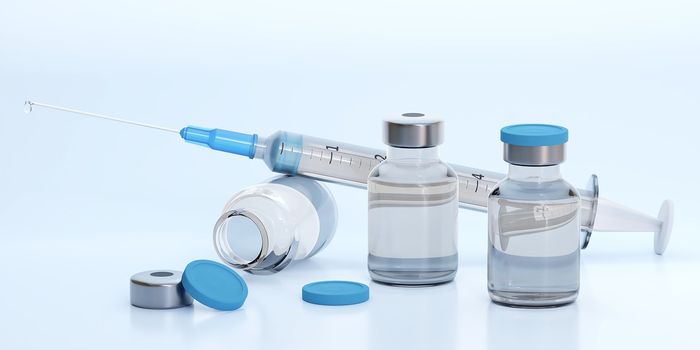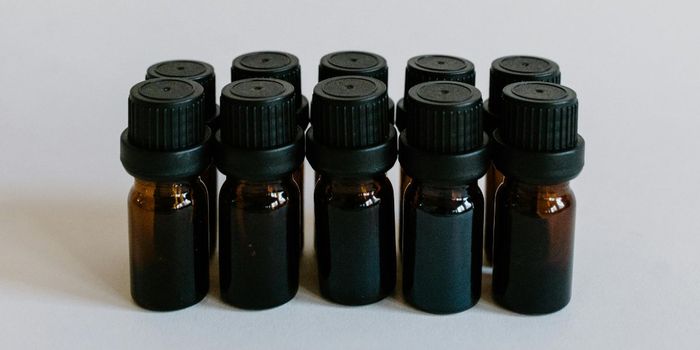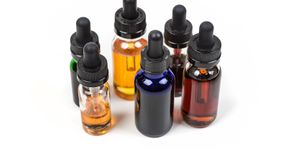Can Israeli Company Keep its Promise for a Cure For Cancer?
Accelerated Evolution Biotechnology, Ltd. (AEBI), an Israeli company led by CEO Dr. Ilan Morad, made some bold claims on January 29th, 2019, about its company's ability to cure cancer "within [a] year's time". This was stated by Dan Aridor, the company's Chairman of the Board. AEBI's technology is based on its new cancer-fighting technology and its ability to find potential targets using SoAP, a technique which uses viral-mediated gene transfer to infect cells.
Photo source: Adobe Shutterstock (used with permission)
The therapy then uses a multi-target toxin (MuTaTo) to find those infected cells (putative cancer cells) and kills them. This is, in effect, an anti-biotic for tumor cells, at least that is what Dan Aridor, the company's Chairman of the Board, said in The Jerusalem Post. The company has already been granted a US patent for AEBI's SoAP-based platform and has shown proof of concept using human epithelial carcinoma cells.
In essence, these promises are based solely on nonclinical results. The group has yet to publish their results in a peer-reviewed (the golden standard for authenticity) journal. Many oncologists are doubtful that the science will actually go anywhere, one spokesperson for Duke Health calling this a "non-story". Another researcher was quoted as stating “As someone with 10 years of molecular biology and medical experience, I strongly suspect the Israeli scientists…are completely misrepresenting their supposed discovery." He went on to call-out snake oil on the claim.
Photo source: UnSplash.com
Some scientists are very concerned that this could raise false hope in the estimated 1,735,350 people who were predicted to be diagnosed in 2018. Some researchers are even incensed. "I really think that it's really unfair and almost cruel to bandy about these likely to be false hopes to cancer patients," stated Dr. Benjamin Neel, the director of the Laura and Isaac Perlmutter Cancer Center at New York University Langone Health. He went on to say, "When they present it for peer review and it's published in a respectable journal and we can look at it, then that will be another story".
Aridor said AEBi does not publish in peer review papers. The company did give "detailed lectures" on its progress and findings in three Drug Discovery conferences in 2017 and 2018, and added it received "wonderful reviews." However, since these data are nonclinical, the company will need many more years of research and funding to be approved for use in the US. Pre-clinical animal trials, three phases of clinical trials, and much more data will have to be gathered. In essence, this technology will not be available, at least in the States, in one year's time.
Sources: http://www.aebi-bio.com/, www.6abc.com, Applied and Environmental Microbiology, The Jerusalem Post, www.LinkedIn.com, www.cancer.gov

